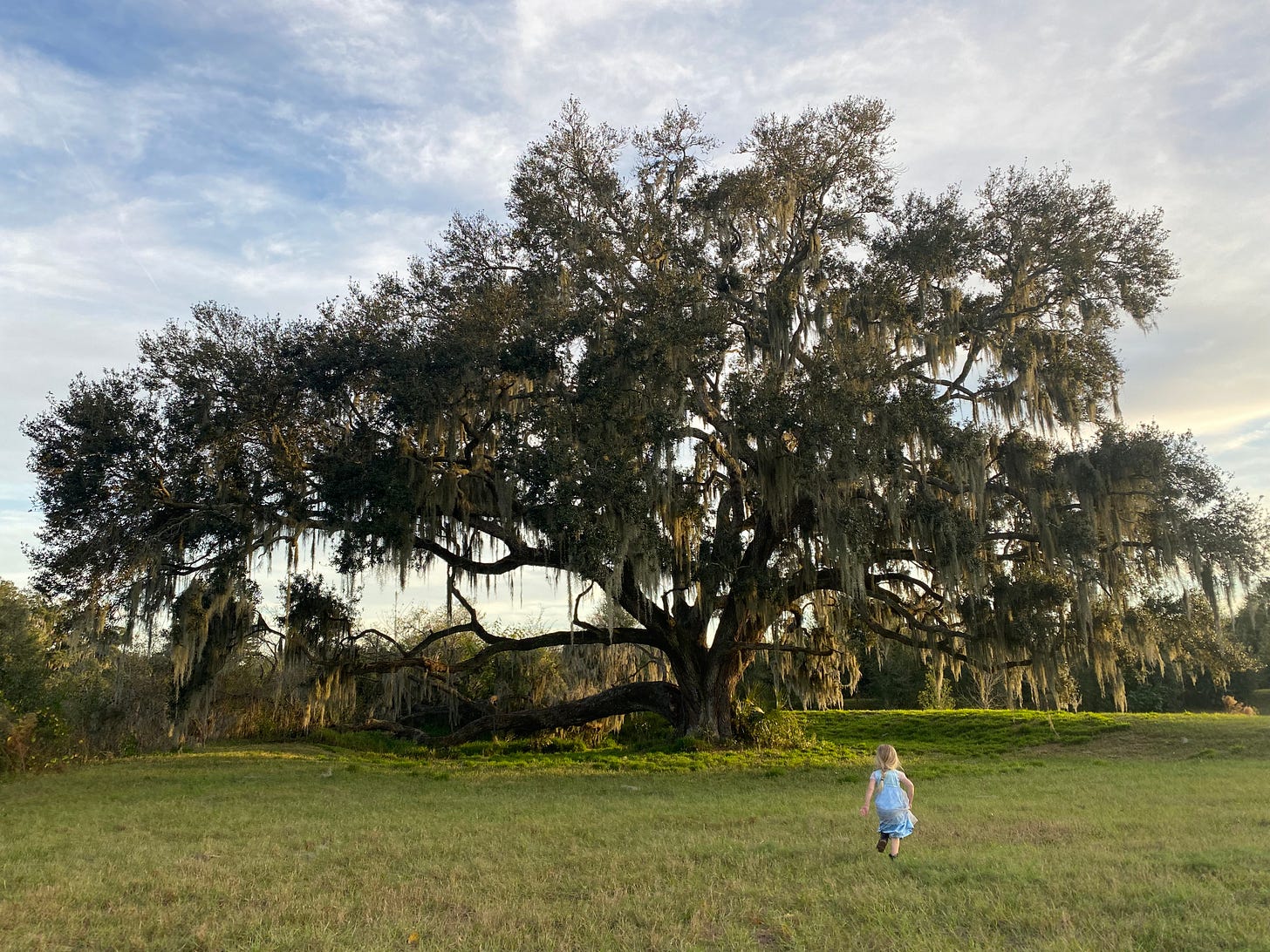Hello! Today’s newsletter is written by Becca, who is part of the Family Scripts team! She’s writing about something that’s very important for mental health and overall peacefulness: a weekly day of rest. (More about that on Monday.) Becca is a person who has decided her priorities, created boundaries, and truly knows how to take rest and mental health seriously. Her words on this topic pack a punch!
Warmly,
Hope from Family Scripts
Are you weary? You are not alone. Most of us have experienced either burnout, anxiety, or depression. The average person is overstimulated and over-consuming, but unsatisfied.
Scott Helman sings (in “Machine”), “Your heart is more than a machine… you’re more than bolts,” warning: “soon your heart is gonna overflow.” Everything in nature has a rhythm of rest and rebuilding. Why should we be any different? Instead, we expect ourselves to recharge more like an iPhone and we feel frustrated when things break down. In The Ruthless Elimination of Hurry, John Mark Comer described hurry as “violence on the soul,” a way of life that is antithetical to the love, joy, and peace for which we long.
More than 3 years ago, I discovered the idea of Sabbath, which is simply a 24-hour period of rest on one day of each week. Before that, I’d only heard of Sabbath as the day you go to church, but there’s much more to it (Exodus 20:8-10). Jewish Rabbi Abraham Joshua Heschel described the “rest” of Sabbath as “Tranquility, serenity, peace, and repose… happiness and stillness,” (The Sabbath). A day of rest should permeate the mind and soul, not just the body.
At the time, dedicating 1/7 days in a week to rest seemed crazy to me. I already felt like “there’s never enough time” and I thought a weekly 24-hour period of rest was impossible, but I made the commitment first and everything else fell into place. Now, I long for my weekly Sabbath. When it comes, whether or not I feel ready, I let out a breath of relief and my body, mind, and heart know it’s time to rest.
Through this routine, I have learned to accept: I am enough, I have enough, and I have done enough. I have learned that the world will not fall apart if I take care of myself and actually, I am more effective and enjoy my life more all week long.
If you want to develop a Sabbath routine, consider the following practices:
ADD:
Fill your Sabbath with all of the best things: beauty, laughter, connection, truth, and creativity. Early in my Sabbath practice, I made a list of activities that I found healing and enjoyable. Here are some ideas:
Create special Sabbath traditions, like a Sabbath playlist or a special candle you light at dinner. We start every Sabbath at sunset with a good meal, lit by my beeswax candles.
Watch the sunset (and the sunrise, if you are awake).
Lay in the grass, soaking in the sunshine and noticing all 5 senses.
Take your family on a picnic!
Bake Scones, an especially sensory food to prepare, which is cathartic for all ages. (Sabbath is a day for really good food, like a big pancake breakfast on Saturday morning.)
Read Aloud - especially poetry or liturgy, which is a verbal delicacy.
Journal - take this time to process your emotions & experiences with honesty
Listen to an entire album in order! Or, make your own music totally offline.
Pick up a new creative hobby, like finger painting, calligraphy, or origami.
SUBTRACTING:
Work | This is the essential thing, but you have to decide what this means to you! For instance, some friends won’t wash dishes on Sabbath, and others will.
Screen Time | If you can, turn your phone off for 12-24 hours. If that’s not possible, consider using airplane mode, silencing your phone, or at least logging out of social media for the day.
Spending Money | Cultivates contentment and presence, while creating space for others to rest (this idea comes from Exodus 20:10, and it has been personally constructive).
Hurry | Whatever you do, let yourself savor the experience, even if it’s just eating grilled cheese for lunch or walking barefoot in the grass. This may be difficult at first, because we are all used to living at an ungodly pace. Slowing down will come more naturally with practice.
Then, observe: what is this doing to me (soul, mind, & body)? Notice what’s really restful and restorative and move forward in light of that.
For a deeper dive, check out:
Teaching Series on Sabbath from Bridgetown: The podcast series that originally inspired my Sabbath practice; informative, inspiring, & practical.
“Get Your Life Back: Everyday Practices for a World Gone Mad” by John Eldredge; great ideas in this book for specific steps to restoration and peace.
“The Sabbath” by Abraham Joshua Heschel: a book beautifully written from the perspective of a Jewish theologian.
“The Ruthless Elimination of Hurry” by John Mark Comer (book)






"Everything in nature has a rhythm of rest and rebuilding". Yes. Thank you for the reminder.
Thanks for the great examples, 📚 and podcasts! I feel like I need to hear & read more to make it stick in my life. Love the idea 💡 and we do not take it to this level, but I truly believe it is needed.